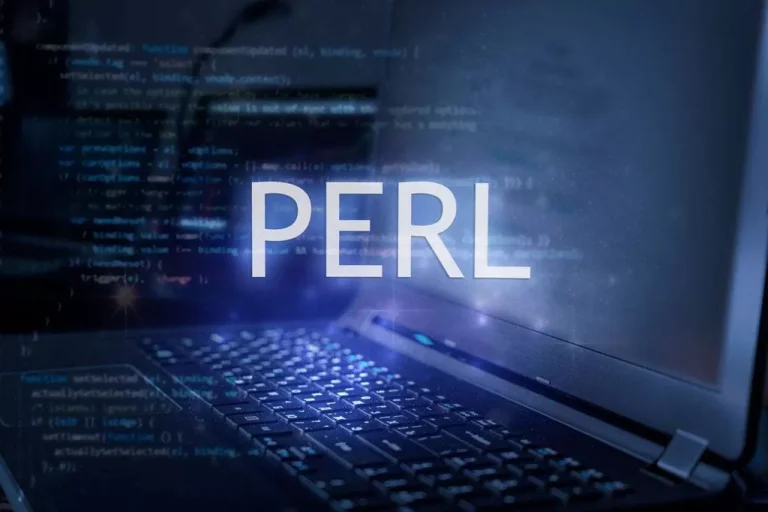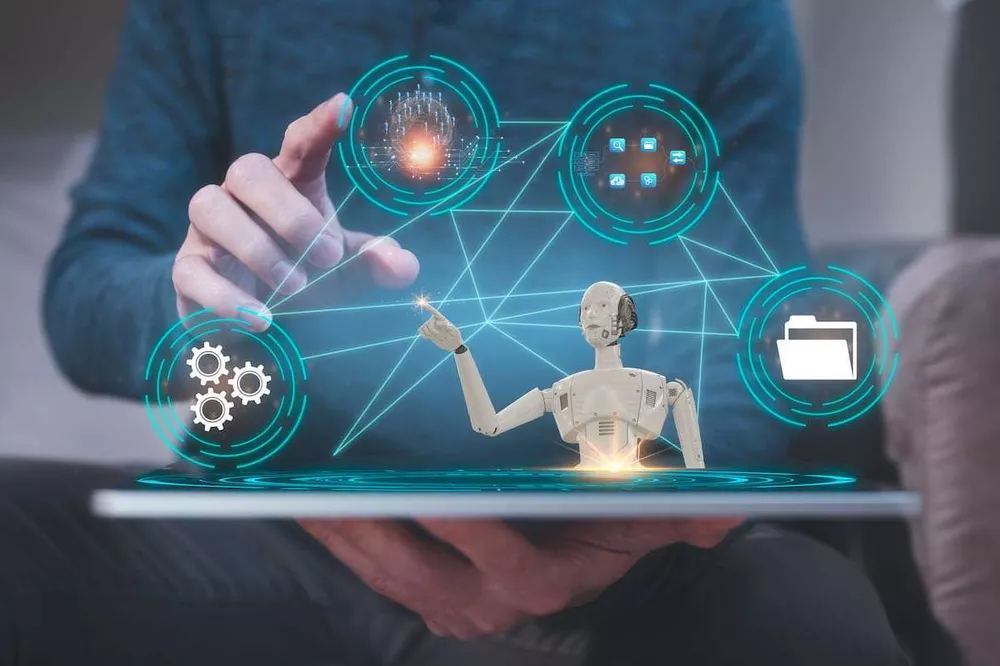This has opened up new possibilities for educators to have interaction and encourage their students. Nearpod is an interactive studying platform that allows teachers to create and ship engaging classes to students. Talespin solutions utilize VR in education by providing advantages of virtual reality in education immersive coaching modules that enhance communication, empathy, and gentle abilities amongst educators. Teachers can use Talespin’s VR modules to follow and refine their teaching methods, selling more practical and fascinating learning environments. Finally, it is necessary to continue researching the benefits and limitations of VR expertise in education and coaching. This continued analysis will present a deeper understanding of the potential of VR know-how and inform the event of new and progressive methods to make use of VR for instructional and coaching functions.
Advantages Of Virtual Actuality In Training
This heightened engagement can result in larger interest and focus, finally resulting in better long-term studying outcomes. One of the first advantages of VR-based learning is its capacity to get rid of external distractions. When students are fully immersed in a digital surroundings, they are much less likely to be interrupted by events, noises, or other stimuli occurring in the true world. This isolation from external distractions permits learners to devote their full consideration to the fabric at hand, resulting in improved focus and retention. Virtual reality additionally has the potential to foster empathy and perspective-taking by inserting learners within the footwear of others. After the VR experience, members had been more prone to show optimistic attitudes and specific a larger willingness to assist these facing homelessness.
Applications Of Ar And Vr In Higher Education
These are just a few examples of how virtual reality can transform conventional classroom experiences. Augmented and virtual reality are two forms of applied sciences that support computer-generated pictures and stimulate user interplay with these photographs. AR is the integration of digital information and the user’s environment in real time, while VR is a computer-generated simulation of an setting fully totally different from the true world. Both AR and VR have revolutionized the world of training and studying, offering new ways to show and be taught. VR expertise also promotes equal entry to schooling, as learners can access educational supplies and experiences anyplace in the world.
What Are Some Nice Benefits Of On-line Classes?
There are numerous advantages of integrating digital reality into education and the way it positively impacts students and educators alike. Virtual Reality is a technology that simulates an surroundings and allows the user to interact with it through a headset or particular units. When it comes to education, VR presents a complete new way of learning, and it’s not just limited to college students.
VR is employed in schooling to create immersive and interactive studying experiences. It permits college students to discover advanced ideas, have interaction in simulations, and follow real-world tasks, enhancing understanding and skill growth throughout varied subjects and industries. In conclusion, digital actuality studying presents numerous benefits throughout completely different educational contexts. From improved engagement and retention to offering secure and managed learning environments, VR has the potential to transform training.

This type of coaching promotes self-confidence, enhances teamwork, and prepares employees for real-world challenges. One of the key developments in digital actuality was the introduction of the VR headset. These units, often equipped with high-resolution displays and movement monitoring sensors, allow customers to step right into a digital environment and work together with it in a means that feels pure and immersive. The mixture of visible and auditory stimuli creates a way of presence, making users feel as if they’re really present in the virtual world. As new generations are born and raised in a digital period where the technological advancements are fairly superior, they’ll clearly love expertise and resist to the standard studying ways.
- Once considered a novelty, VR is now being acknowledged as a robust tool for enhancing teaching and studying.
- Given the advantages of VR know-how, organizations, and people want to contemplate adopting VR in schooling and training.
- Therefore, language will no longer characterize a barrier for student’s training plans.
As well as lowering price spent on field journeys, virtual journeys permit students to expertise places that would be otherwise too expensive and impractical for colleges to go to. Although they could be a little extra tricky to use than immersive classrooms, they provide an extremely practical experience. The immersive experience offered by VR is achieved by simulating as many senses as potential, including sight, sound, and contact.
Virtual Reality expertise has a variety of applications in STEM (Science, Technology, Engineering, and Mathematics) training. VR expertise can create simulations and digital environments for school kids to explore complex scientific ideas, conduct experiments, and develop important pondering expertise. These simulations can enhance learning outcomes in physics, chemistry, and biology, giving students a deeper understanding of scientific principles. As VR expertise continues to evolve, the possibilities for its integration in training are endless.
VR expertise also can assist students with bodily limitations attend school in a more inclusive surroundings. For example, college students with mobility points can use VR to attend courses just about, without having to be bodily current within the classroom. The program prepares graduates with real-world technical expertise utilizing superior digital platform technologies. Virtual actuality in schooling has a wide array of purposes that profit both educators and college students. It’s solely a matter of time earlier than virtual actuality education can be present in each classroom across the nation. Similarly, engineering students can make the most of VR to design and test prototypes, allowing them to visualize and manipulate complicated 3D models.

This hands-on strategy can result in a deeper understanding of the topic matter and better retention of information. Moreover, digital actuality may be particularly helpful for students with learning variations or particular needs, as it might possibly present a more accessible and inclusive learning expertise. This has the potential to revolutionize the method in which college students learn and the means in which educators educate, finally main to raised educational outcomes for all. Virtual reality (VR) has turn out to be an more and more popular tool in education, offering both advantages and downsides to educators and learners.

By simulating real-world experiences in a digital setting, VR provides distinctive benefits that improve the learning course of and revolutionize conventional academic strategies. Its immersive and experiential nature, accessibility, multi-sensory strategy, and safe coaching environment make it a game-changer on the planet of studying and teaching. As technology continues to advance and become extra accessible, it has the potential to make studying more participating, inclusive, and efficient for college students of all ages and backgrounds. Embracing digital reality in training opens up thrilling alternatives for educators to create progressive learning experiences that encourage and prepare students for the challenges of the longer term.

Curriculum aligned content material and structured VR lesson plans have already been developed and are available in the UK. The VR content can then be considered on VR headsets or projected onto walls in what are known as immersive classrooms. Moreover, the immersive nature of VR might help college students pay extra attention to what they are learning and retain the information extra successfully. Today, VR is more immersive and practical, thanks to advancements in laptop processing energy, show expertise, and motion sensors.
In the gaming business, VR has revolutionized the way individuals play video games, offering a extra immersive expertise and permitting players to really feel like they’re a half of the sport. In the schooling sector, VR can be used to create interactive learning environments that can assist college students understand complicated concepts in a more engaging means. In the coaching business, VR can provide a safe and controlled setting for workers to be taught and practice expertise in a realistic setting. VR expertise in education refers to the use of virtual actuality to create immersive and interactive studying experiences.
The use of digital reality in training has gained significant attention in recent times, however one of the main drawbacks is the lack of long-term research and proof supporting its effectiveness. While there have been quite a few research and experiments conducted to discover the potential of virtual reality in enhancing academic experiences, the long-term impact of its use remains largely unknown. This is a major concern for educators, policymakers, and oldsters, as the potential risks and advantages of long-term publicity to digital reality usually are not fully understood.
Transform Your Business With AI Software Development Solutions https://www.globalcloudteam.com/
Add a Comment